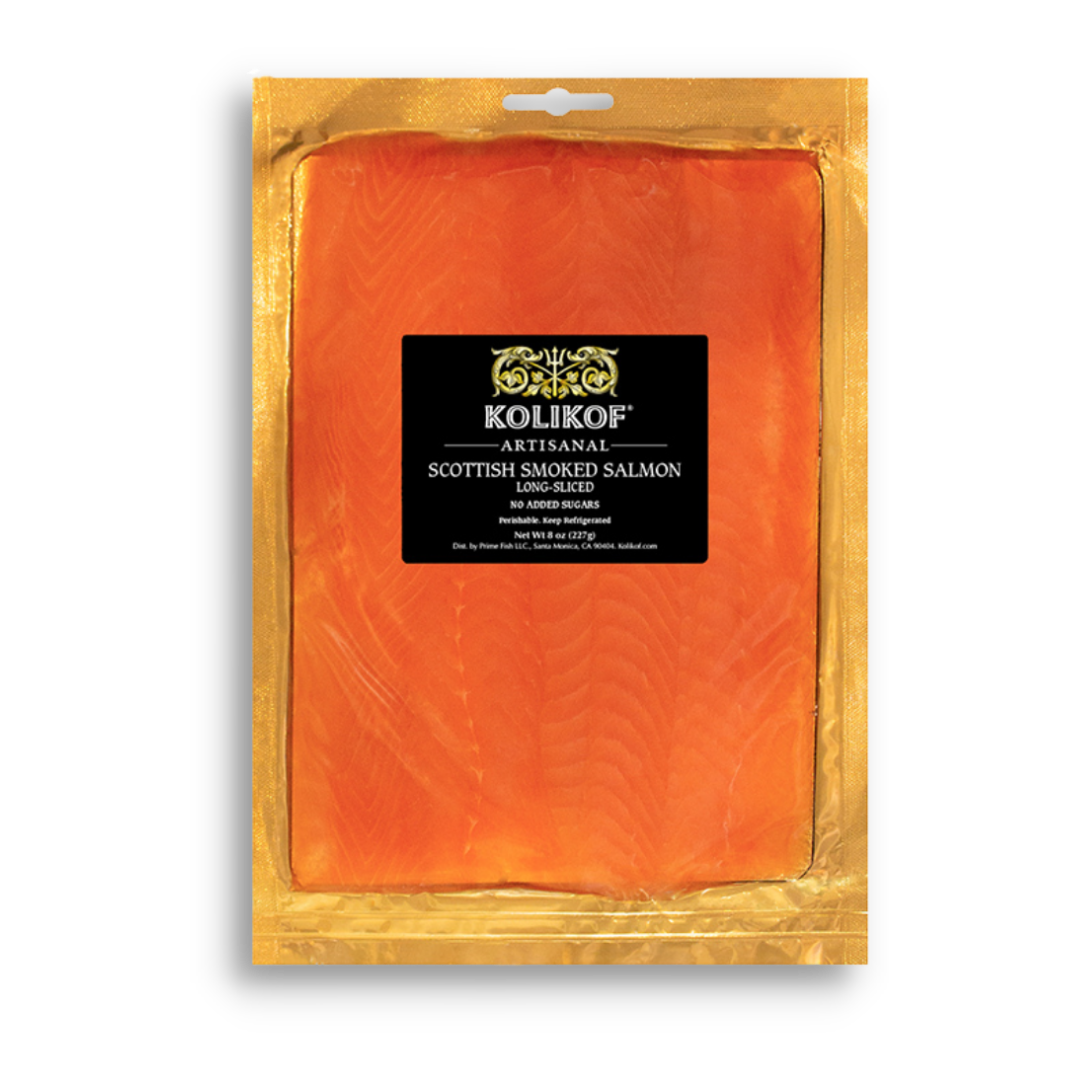Is marrow healthy?
Marrow, the fatty, gelatinous substance found in the bones of animals, has been consumed for centuries in various cuisines around the world. It has recently gained attention as a potential superfood due to its high nutrient content. But is marrow healthy? Let's dive deeper into the nutritional benefits and potential risks of consuming marrow.
One of the primary benefits of consuming marrow is its high nutrient content. Marrow is an excellent source of vitamins and minerals, including vitamin A, vitamin K, iron, calcium, and phosphorus. Additionally, it contains collagen, a protein that supports skin, joint, and bone health. It also contains healthy fats, including monounsaturated and polyunsaturated fats, which can help reduce inflammation and lower the risk of heart disease.
While there are various health benefits to consuming marrow, it's essential to note that it is high in calories and saturated fat. Excess consumption of marrow can contribute to weight gain and increase the risk of heart disease. Furthermore, consuming bone marrow from animals exposed to toxins or antibiotics can be harmful to human health.
To minimize the potential risks associated with consuming marrow, it's essential to choose high-quality sources. Look for grass-fed or pasture-raised animals that have not been treated with antibiotics or hormones. It's also important to consume marrow in moderation, as part of a balanced diet that includes a variety of fruits, vegetables, whole grains, and lean proteins.
If you're interested in trying marrow, there are various ways to incorporate it into your diet. One popular method is to roast the bones and scoop out the marrow to spread on toast or crackers. Another option is to use marrow as a cooking fat, similar to butter or oil. It can also be added to soups and stews for added flavor and nutrition.
In addition to its nutritional benefits, marrow has also been used in traditional medicine to support various aspects of health. Some cultures believe that consuming marrow can support the immune system, improve digestion, and enhance fertility. While there is limited scientific research to support these claims, the high nutrient content of marrow does make it a nutritious addition to a balanced diet.
One concern with consuming marrow is the potential risk of prion disease. Prions are misfolded proteins that can cause fatal neurological diseases such as Creutzfeldt-Jakob disease in humans. While the risk of prion disease is low, it's important to follow proper food safety guidelines when handling and cooking marrow.
In conclusion, marrow can be a healthy addition to your diet when consumed in moderation and from high-quality sources. While it is high in calories and saturated fat, it is also rich in nutrients, including vitamins, minerals, collagen, and healthy fats. As with any food, it's important to consume it as part of a balanced diet and to choose high-quality sources to minimize potential risks. While there are some concerns regarding prion disease, the risk is low when following proper food safety guidelines. Overall, marrow can be a delicious and nutritious addition to your diet.









